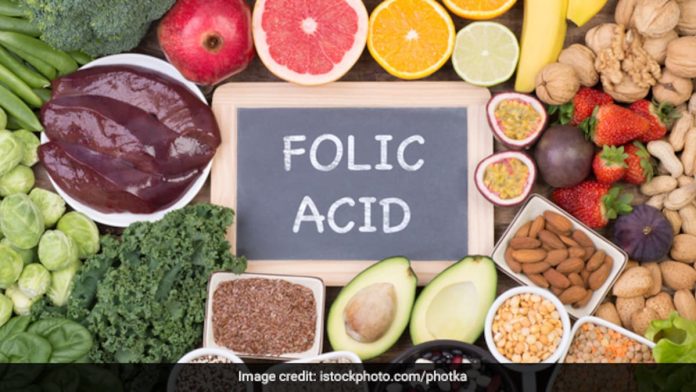MedPage Today published an article by Parker Brown that is titled ACC: Folate Supplements Cut Strokes in Hypertension. ACC is an acronym for the American College of Cardiology. The Chinese researchers participated in the China Stroke Primary Prevention Trial (CSPPT). The study included 20,000 Chinese people in a randomized study.
An interesting aspect that was not mentioned in Brown’s article was that the Chinese appear to have taken up the Western approach of using pharmaceutical drugs that are chemically derived versus the traditional Oriental approach of using herbs and elixirs to treat diseases.
The Chinese study combined folic acid (vitamin B9) with a pharmaceutical drug, enalapril, to reduce hypertension (high blood pressure).
WebMD, a publication for medical professionals, describes the many different uses of folic acid in treating several medical conditions. Folic acid is added to many different foods in the US under a federal law.
” Since 1998, folic acid has been added to cold cereals, flour, breads, pasta, bakery items, cookies, and crackers, as required by federal law. Foods that are naturally high in folate include leafy vegetables (such as spinach, broccoli, and lettuce), okra, asparagus, fruits (such as bananas, melons, and lemons) beans, yeast, mushrooms, meat (such as beef liver and kidney), orange juice, and tomato juice.
Folic acid is used for preventing and treating low blood levels of folate (folate deficiency), as well as its complications, including “tired blood” (anemia) and the inability of the bowel to absorb nutrients properly. Folic acid is also used for other conditions commonly associated with folate deficiency, including ulcerative colitis, liver disease, alcoholism, and kidney dialysis.
Women who are pregnant or might become pregnant take folic acid to prevent miscarriage and “neural tube defects,” birth defects such as spinal bifida that occur when the fetus’s spine and back do not close during development.
Some people use folic acid to prevent colon cancer or cervical cancer. It is also used to prevent heart disease and stroke, as well as to reduce blood levels of a chemical called homocysteine. High homocysteine levels might be a risk for heart disease.
Folic acid is used for memory loss, Alzheimer’s disease, age-related hearing loss, preventing the eye disease age-related macular degeneration (AMD), reducing signs of aging, weak bones (osteoporosis), jumpy legs (restless leg syndrome), sleep problems, depression, nerve pain, muscle pain, AIDS, a skin disease called vitiligo, and an inherited disease called Fragile-X syndrome. It is also used for reducing harmful side effects of treatment with the medications lometrexol and methotrexate.
The typical disclaimer for the use of supplements and the Oriental medicine approach by US medical organizations is that there is are no double-blind random trials to provide data to substantiate the use of herbs and elixirs that are composed of several herbs. The rationale is that there are no clinical data available about the effectiveness of these supplements and herbs.
This is a self-fulfilling prophesy given that nearly all medical research in the US is fully or partially funded by the pharmaceutical companies.
These are some of the statements made in the study regarding using folic acid or folates by themselves without using the enalapril.
“Stroke is the leading cause of death in China and second leading cause of death in the world.1 Primary prevention is particularly important because about 77% of strokes are first events.2 Uncertainty remains regarding the efficacy of folic acid therapy for primary prevention of stroke because of limited and inconsistent data.3
Most relevant randomized trials were designed for secondary prevention and have not shown a beneficial effect of folic acid supplementation for prevention of cardiovascular disease,4- 12 although the results of some trials and meta-analyses do suggest a specific reduction in stroke risk.6, 8, 13 This raises the possibility that folic acid supplementation might be more effective for stroke prevention than for other cardiovascular outcomes.
The National Institute of Health (NIH) and the Center for Disease Control and Prevention (CDC) should be funded to carry out studies to prove or disprove the effectiveness of the Oriental herbs and elixirs as alternatives to pharmaceutical drugs.
The pharmaceutical companies are not going to do research that shows traditional medicine works, or has fewer dangerous side effects than their drugs. It is an ingenious approach to claim there is no data when many of these drugs have been successfully used for over 5,000 years in India and 3,000 years in China and throughout the Orient.








